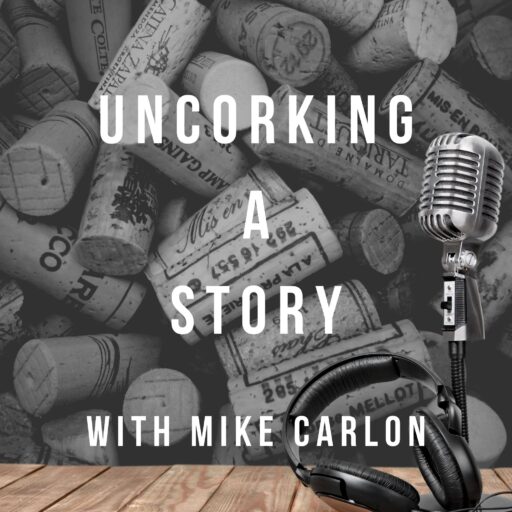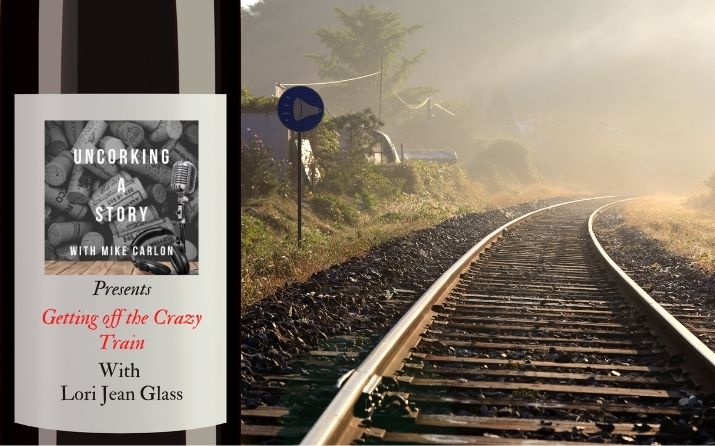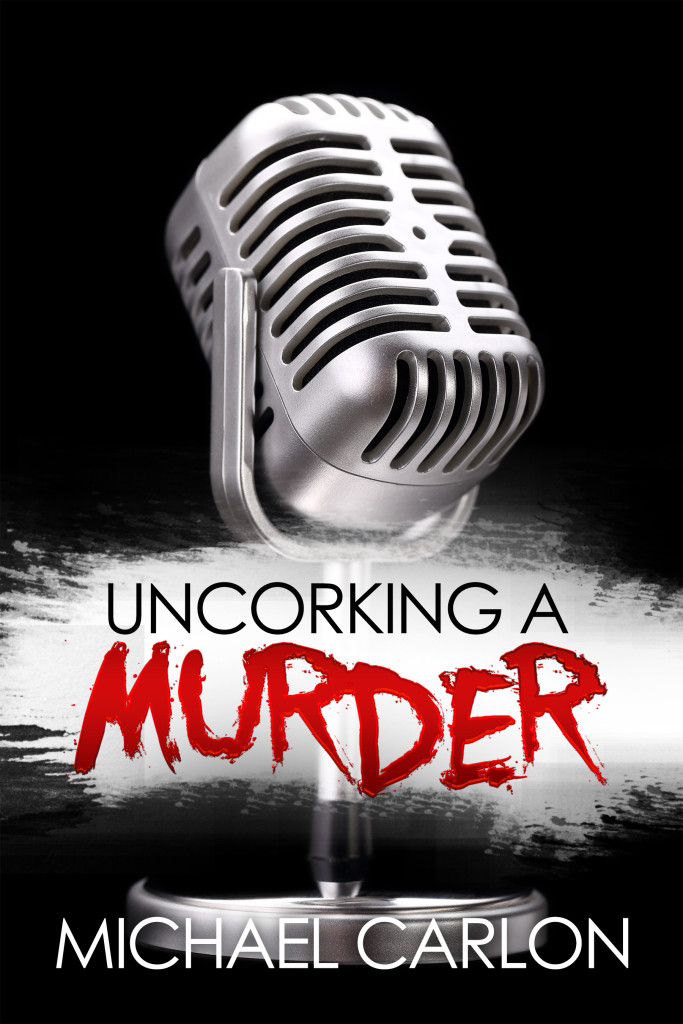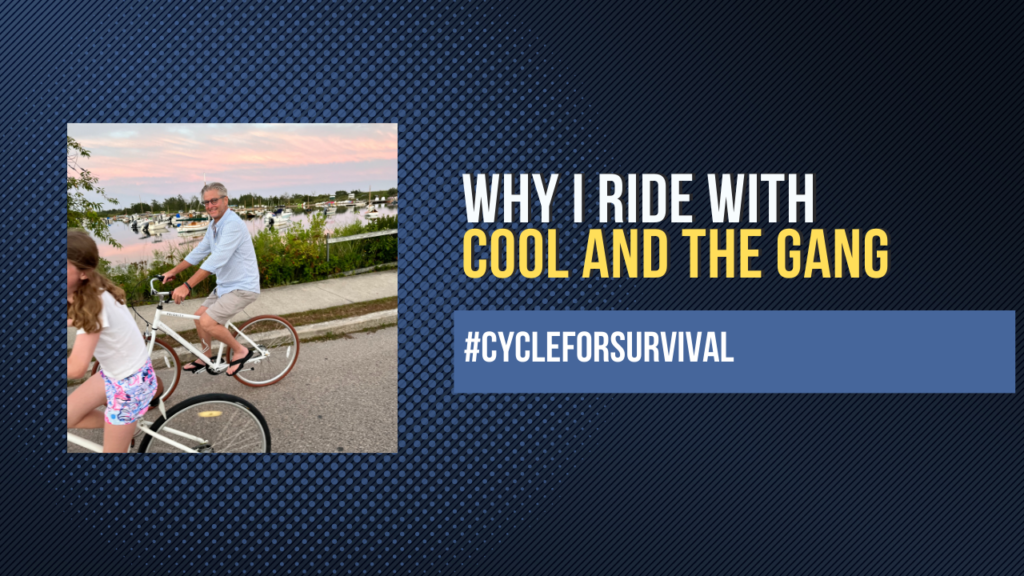Is it possible that a simple phone could change your life? This is where Lori Jean Glass’ story begins, in a Chicago hotel room where she had suicidal thoughts and a timely call to her therapist saved her life and started her on the path to becoming a better version of herself.
Join me and Lori Jean as we uncork her story from being suicidal to becoming an educator, mentor, and certified relationship professional who coaches people through difficult times in their lives based on past attachment wounds from their past.
Listen in as Lori shares stories that help guide others towards healing while illuminating how we can take steps toward transforming our own lives and become healthy adults.
LORI JEAN GLASS
Lori Jean Glass is the author of “Healthy Adult: PIVOT from Fantasy to Reality, Confusion to Clarity, Isolation to Connection” she is also an educator, mentor, public speaker, certified relationship, professional, and bereavement coach. She is the CEO and founder of PIVOT, a relational alignment group comprised of trained coaches and therapists certified in The PIVOT Process. Lori Jean’s personal experiences brought her to her current work, which focuses on those who struggle in their adult relationships based on attachment wounds of the past. She is also the CEO and founder of The Glass House, a residential setting offering workshops for individuals, couples, and families to take a deep dive into the PIVOT Process to get high-impact solutions to achieve positive relational outcomes.
to Connection” she is also an educator, mentor, public speaker, certified relationship, professional, and bereavement coach. She is the CEO and founder of PIVOT, a relational alignment group comprised of trained coaches and therapists certified in The PIVOT Process. Lori Jean’s personal experiences brought her to her current work, which focuses on those who struggle in their adult relationships based on attachment wounds of the past. She is also the CEO and founder of The Glass House, a residential setting offering workshops for individuals, couples, and families to take a deep dive into the PIVOT Process to get high-impact solutions to achieve positive relational outcomes.
CONNECT WITH LORI
Instagram: https://www.instagram.com/lorijeanglass/?hl=en
Linked In: linkedin.com/in/lori-jean-glass
Website: lorijean.com
Company Website: lovetopivot.com/
Link Tree: https://linktr.ee/Lovetopivot
Where to purchase Healthy Adult: PIVOT from Fantasy to Reality, Confusion to Clarity, Isolation to Connection”
Bookshop.org Amazon, Barnes & Noble, Scribd, Book Depository
Key Topics in this podcast:
- Lori’s story and where it all started
- How she went from working in sales to becoming a coach
- Attachment wounds explained
- The difference between anxious, avoidant, ambivalent, and healthy attachment
- What is meant by our collective tolerance for unhealthy existence and how to resolve it the right way
- How to heal attachment wounds
- The Crazy Train explained
Hot Seat Questions for Lori:
- How do you feel when you stare at a blank piece of paper or a blank computer screen?
- What lesson of writing or publishing did you learn the hard way?
- What is the best piece of advice you could give to an aspiring author?
- How do you celebrate success?
- If you could write a letter to your younger self, what would you put in that letter?
KEY TAKEAWAYS
- Suicide is never the answer. Lori Jean Glass almost took her life in a Chicago hotel room after chasing vodka with a handful of pills. Thankfully, she called the therapist who saved her from the brink and save her life.
- Be aware of your attachment wounds. Your attachment wounds are exposed in intimate relationships where vulnerability, trust, and safety are most vital. That’s why someone you really care about can deeply trigger your wounds. Knowing what they are is the first step in being able to have healthy adult relationships.
- Resilience is the key. Her personal experiences with trauma brought her to her current work, which focuses on those who struggle in their adult relationships based on attachment wounds of the past.
- You can become a healthy adult. The PIVOT process will help you uncover the tools you need to form healthy relationships in all aspects of your live.
Memorable Quotes/Advice From Lori
“We tolerate relationships that aren’t good because we were drawn to what’s familiar regardless of merit, and we want to have a corrective experience. I call it waiting for Christmas—we’re going to stay in it until it changes, and it’s not going to change until we have enough of motivation and a commitment to ourselves to lean into it to stay the distance until we can create change within the context of the relationship. But instead, people will just walk around the perimeter of their own equators in relationships and be afraid to jump in.”



